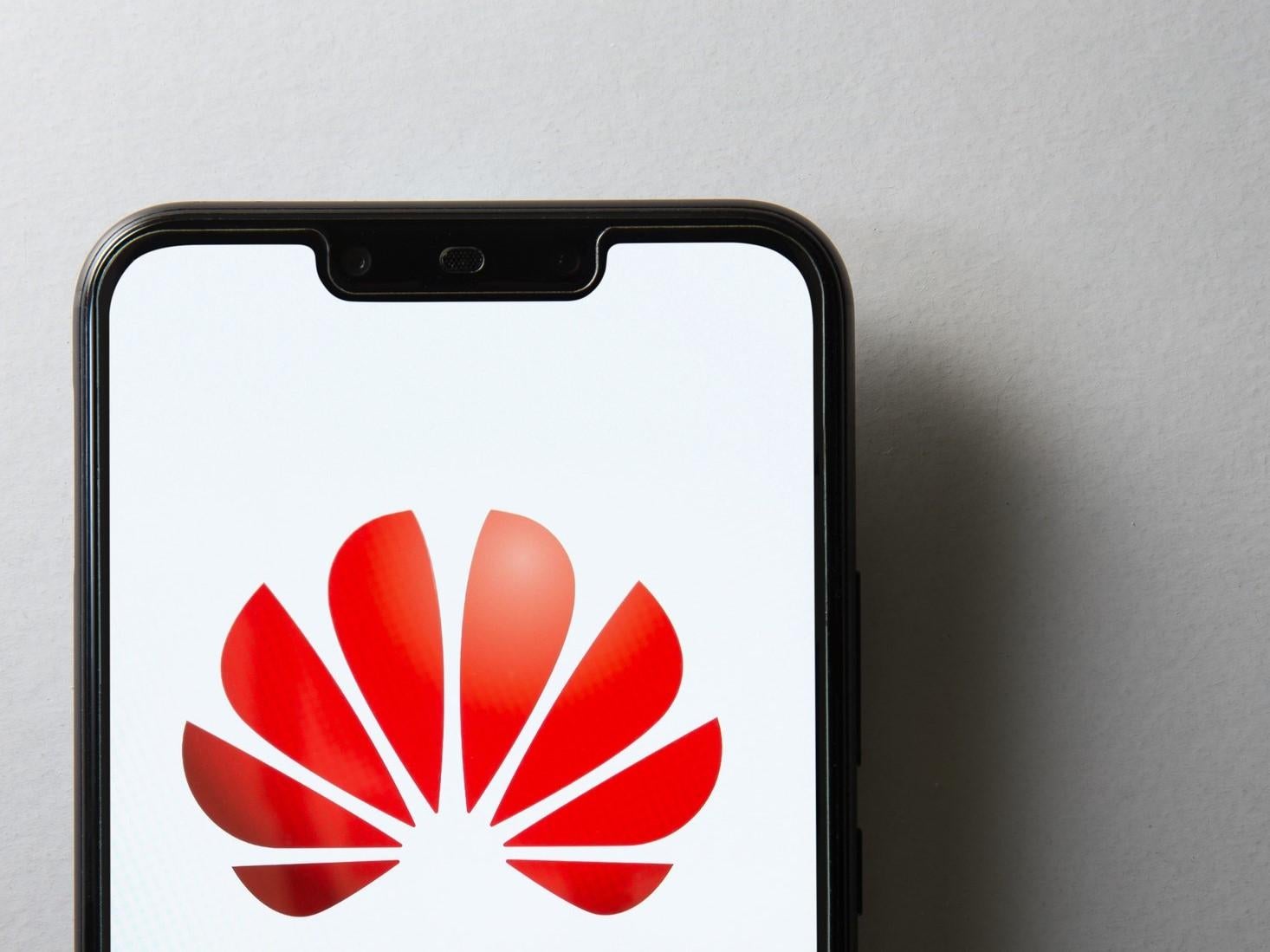Huawei to stick with Android for new phones but roll out HarmonyOS to more products
Chinese firm built its own operating system amid escalating trade war between US and China

Chinese technology giant Huawei has said it will continue to use the Android operating system in new smartphones and tablets, despite facing a US trade ban.
Huawei built its own Android rival called HarmonyOS in order to counter its reliance on US tech companies amid an escalating trade war between the US and China.
A spokesperson for the firm told Reuters that Huawei plans to roll out the versatile operating system to a range of products, but preferred to stick with Android for mobile devices.
HarmonyOS can be used across a variety of platforms, including smart home appliances, smart TVs and wearables.
This ability makes it "completely different" to Google's Android and Apple's iOS, according Huawei CEO Richard Yu, who described it as a "lightweight, compact operating system" when it was first unveiled at a conference this year.
Europe replicated in Huawei City, China
Show all 8Google was forced to suspend Huawei's Android license earlier this year after the Chinese firm was added to the US government's Entity List, which prevents American companies from doing business with them.
It stems from fears that Huawei devices and services are being used by the Chinese government as secret surveillance tools, however no evidence has ever been provided to backup such concerns.
China also appears concerned by US technology companies, with a recently unveiled government directive demanding state-run offices and institutions to remove all foreign-made computer equipment.
This will be a massive effort, as there is an estimated 30 million pieces of computer hardware that need to be replaced with local alternatives over the next three years.
Vast amounts of this hardware also relies on foreign software, meaning HarmonyOS could be a suitable candidate to fill any gaps left.
Mr Yu previously stated that HarmonyOS was only a "plan B" for use in its smartphones. Should the world's second largest phone maker be forced to introduce it to new devices, third party apps would also then be required to create new versions of their apps that are compatible with the software.
In August, Chinese media reported that a new Huawei phone running the HarmonyOS software would be introduced before the end of the year.
Subscribe to Independent Premium to bookmark this article
Want to bookmark your favourite articles and stories to read or reference later? Start your Independent Premium subscription today.

Join our commenting forum
Join thought-provoking conversations, follow other Independent readers and see their replies